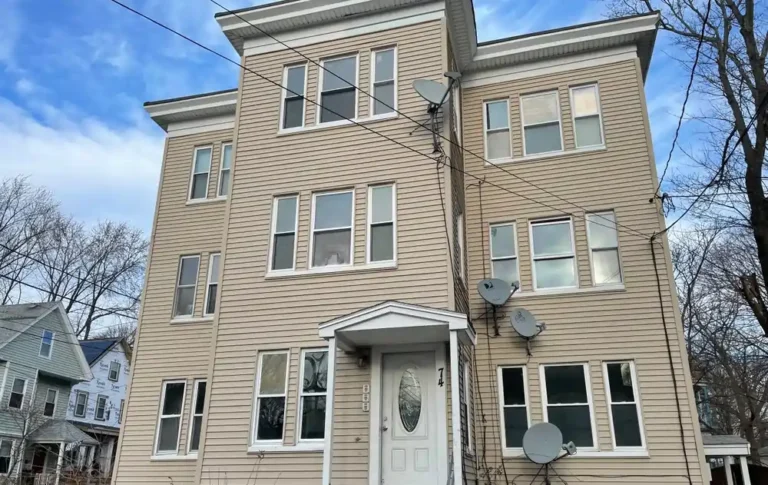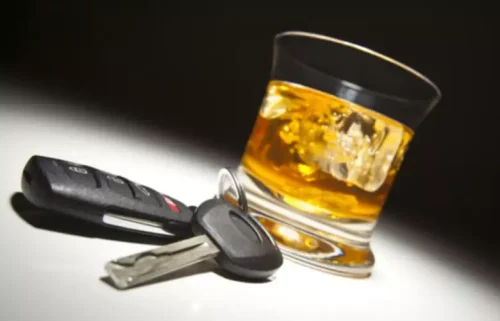
People taking benzodiazepines regularly long term (longer than 2 to 4 weeks) may have symptoms of withdrawal even when they have not reduced the dose. These withdrawal symptoms can be attributed to tolerance or interdose withdrawal. It is common that patients experiencing symptoms do not recognize that their poor physical and mental health is related to their long-term use of the benzodiazepines. A variety of factors including an individual’s metabolism, their benzodiazepine usage history, and the half-life of the particular medication being used affect how severe these withdrawal symptoms will be. For those individuals who may have had seizure histories or took high doses over long periods, they stand at greater risk for experiencing seizures when withdrawing from benzodiazepines. It’s critical that medical supervision is sought when stopping use of these drugs as it could prevent potentially life-threatening complications from arising.
Detox Services
- Medical professionals can monitor your vital signs, manage withdrawal symptoms safely, and intervene quickly if complications arise.
- Medical experts continue to debate the best way to taper these medications, so there’s no single agreed-upon approach.
- It has a half-life of up to 200 hours, which means that the blood level for each dose falls by only half in about 8.3 days.
- For example, symptoms of anxiety or insomnia may come back or get worse without the drugs.
- Alprazolam is not only the most commonly prescribed benzodiazepine, but it is the most commonly prescribed psychotropic medication in the United States, accounting for more than 48 million prescriptions dispensed in 2013 (Grohol, 2016).
- Seizures have also happened when patients used benzos for less than 15 days even when taken as prescribed by a doctor.
- The classic six weeks withdrawal period adopted by many clinics and doctors is much too fast for many long-term users.
The severity of withdrawal symptoms varies between people and depends on a variety of factors. Long-term use of benzodiazepine in general is controversial and not recommended, although commonly practiced. It is important to note that physical dependence, usually defined by withdrawal symptoms including seizures, does not require the presence of clinical tolerance, and conversely tolerance may develop without any signs of physical dependence. In a controlled longitudinal study of alprazolam for the treatment of panic disorder with agoraphobia, alprazolam produced pronounced impairments on a word recall task at baseline and at the 24-week medication-free follow-up (Curran et al., 1994). Benzodiazepines benzodiazepine withdrawal with a half-life of less than 24 hours include alprazolam, bromazepam, brotizolam, flunitrazepam, loprazolam, lorazepam, lormetazepam, midazolam, nitrazepam, oxazepam, and temazepam.111 The resultant equivalent dose is then gradually reduced. Alprazolam is one of the most widely prescribed benzodiazepines for the treatment of generalized anxiety disorder and panic disorder.

Careers
Anyone experiencing troubling symptoms from withdrawal, such as suicidal thoughts or tendencies, should seek immediate medical care. Protracted withdrawal is a long-term withdrawal syndrome that may come and go for drug addiction treatment several months. Symptom-triggered therapy with benzodiazepines remains the cornerstone of management. Clonazepam is available as an immediate-release tablet of 0.5 mg, 1 mg, 2 mg, and orally disintegrated tablets (ODT) of 0.125 mg, 0.25 mg, 0.5 mg, 1 mg, and 2 mg strength. The medication may be administered once at bedtime to minimize somnolence.

Difficult tapers
Withdrawal symptoms may vary from person to person, although there are some common symptoms. Psychotherapy can help you understand the root cause of your substance abuse problems. It can also help you learn to identify psychological triggers that may cause you to relapse so that you can avoid them in the future. Reach out =https://ecosoberhouse.com/ to us today and take the first step toward a healthier, happier future.

Support Groups
- Depending on your situation, your doctor may reduce your dose on a monthly, weekly, or even daily basis.
- The 2022 survey mentioned above also asked respondents to what extent withdrawal symptoms affected their lives.
- If you want to stop taking benzodiazepines after consistent long-term use, your doctor can help you gradually taper off your medication.
- Enduring the tumultuous journey of benzodiazepine withdrawal is a challenge that demands not only medical attention but also practical coping strategies.
Withdrawal from benzodiazepines is an uncomfortable process with the potential to last for several weeks (or longer). During benzo detoxification utilizing medication-assisted treatment (MAT), medications might include lower doses of benzodiazepines such as Valium or Klonopin to mitigate severe withdrawal symptoms. Expert supervision during this tapering strategy in medical detox is crucial for patient safety and effective symptom relief. A benzo withdrawal seizure refers to a type of seizure that can occur when a person abruptly stops or significantly reduces their use of benzo medications.























